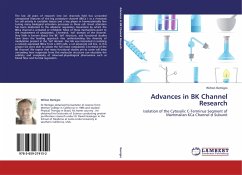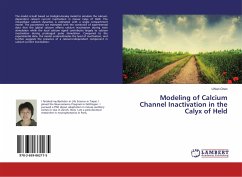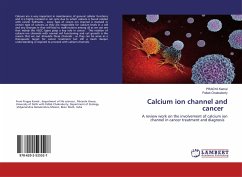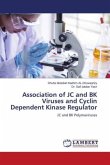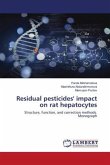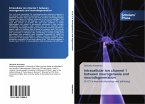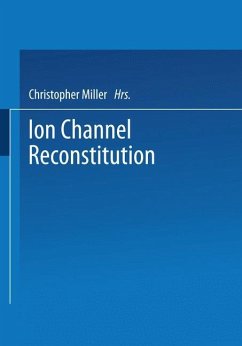The last 20 years of research into ion channels field has unraveled unexpected features of the big potassium channel (BKCa ) as a rheostast for cell activity in excitable tissues and a key player in homeostatically fine tuning many biological activation processes in these cell. Great attention has been dedicated to the allosteric regulatory mecanisms by which the BKCa channel is activated or inhibited. Most of these mechanisms point to the involvement of cytoplasmic, C-terminal, tail domain of the channel. Very little is known about the BK tail structure, and functional studies have been the leading approach into understanding the diversity of modulation present in the tail domain. Our lab was interested in isolating a natively expressed BKCa from a GH3 cells, a rat pituocyte cell line. In this project we were able to isolate the full intact cytoplasmic C-terminal of the BK channel. We expect that many functional studies yet to come will keep unraveling how responses from this molecular structure can elucidate the subtlety and complexity of observed physiological phenomena such as blood flow and hormal regulation.
Bitte wählen Sie Ihr Anliegen aus.
Rechnungen
Retourenschein anfordern
Bestellstatus
Storno

